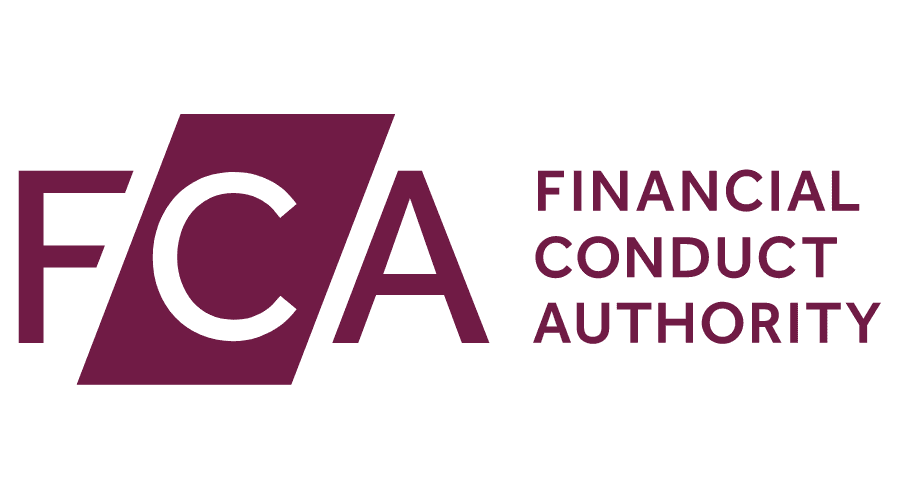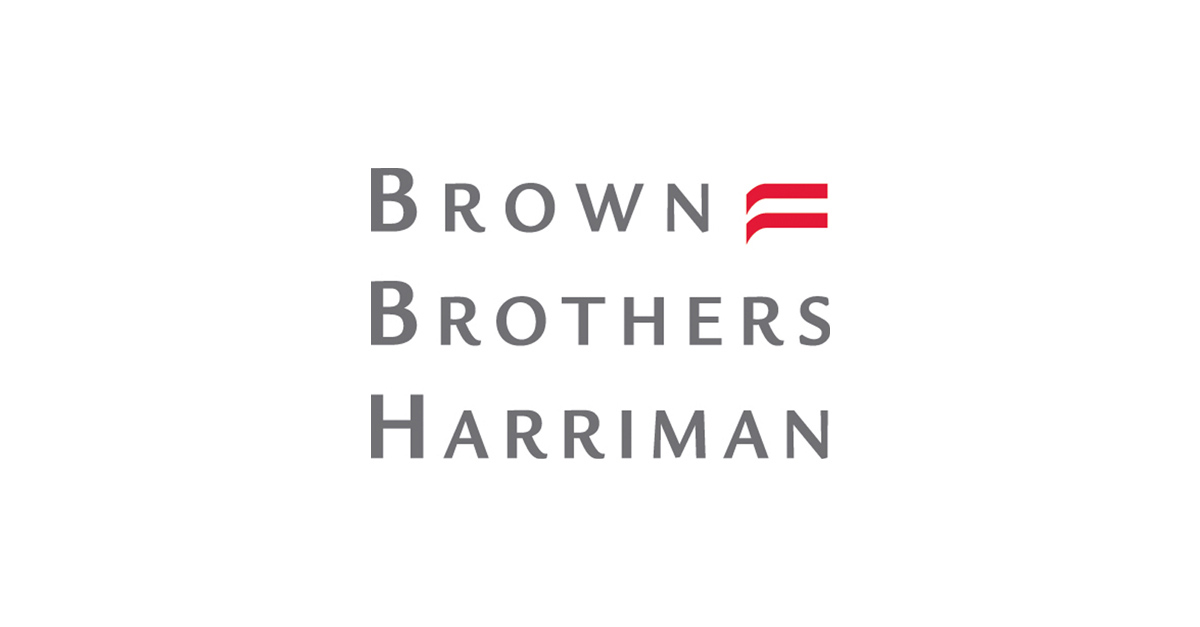The Financial Conduct Authority (FCA) will introduce the Overseas Fund Regime (OFR) in April 2024, removing a key post-Brexit barrier for new EU-domiciled ETFs when entering the UK.
OFR is the long-term legal framework that will enable fund platforms – predominantly in Ireland and Luxembourg – to be recognised by the FCA and market and distribute their products to all levels of UK investors.
At an Alfi conference last Thursday, Mhairi Jackson, asset management policy lead at the FCA, said: “We are working to open the overseas fund regime from April next year.
"We are really investing heavily in our systems at the moment to make sure that that process is as streamlined as possible.”
The FCA is currently providing technical advice to the finance ministry on how to determine fund equivalence. It remains unclear whether the UK’s financial watchdog will introduce additional requirements on EU funds looking to passport to the UK such as value assessments.
OFR will replace the FCA’s Temporary Permissions Regime (TPR) and Temporary Marketing Permissions Regime (TMPR), which were introduced post-Brexit to allow firms in the European Economic Area (EEA) to register their platforms prior to the 31 December 2020 withdrawal date and continue passporting existing and future sub-funds into the UK.
Unfortunately, while existing firms with a ‘landing slot’ were covered by the TPR and TMPR for three years from the end of the ‘Transition Period’ in March 2022, newcomers to European ETFs since the end of 2020 have been forced to undergo the lengthy process of applying for recognition under Section 272 of the Financial Services and Markets Act 2000 (FSMA).
The outcome of this has been four years of EU-based newcomers largely being shut out of the UK market unless they have been willing to endure long delays and high costs – as Circa5000 did earlier this year – or pay to rely on an existing third-party platform.
Peter Capper, senior adviser for International Fund Regulation at the Investment Association (IA), warned Section 272 carries legal costs “in the very high five figures” and can take up to six months for new providers to gain recognition, whereas the EU’s UCITS framework has comparably “minimal” costs and a timeframe of “a matter of weeks”.
Capper added the introduction of OFR will remove this off-putting barrier which has stifled new entrants to the UK market.
“Up until now, London has been the place to list your ETFs, it has the largest market with over 2,000 ETFs and 19 market makers,” Capper said in an ETF Stream webinar earlier this year.
“If it is difficult or almost impossible to list ETFs in London, then clearly there are other exchanges that offer ETFs. There is a danger that perhaps if there is too much delay, the centre of gravity might start to move towards one of the other large.”
Commenting on last Thursday’s update, Adrian Whelan, head of market intelligence at Brown Brothers Harriman, added: “There were some positive soundings from the FCA yesterday regarding a progression of OFR.
“Moving on from a mixture of TMPR, exceptive relief and Section 272, to a more certain and permanent OFR framework will benefit all stakeholders including UK retail investors looking to access UCITS funds.”





